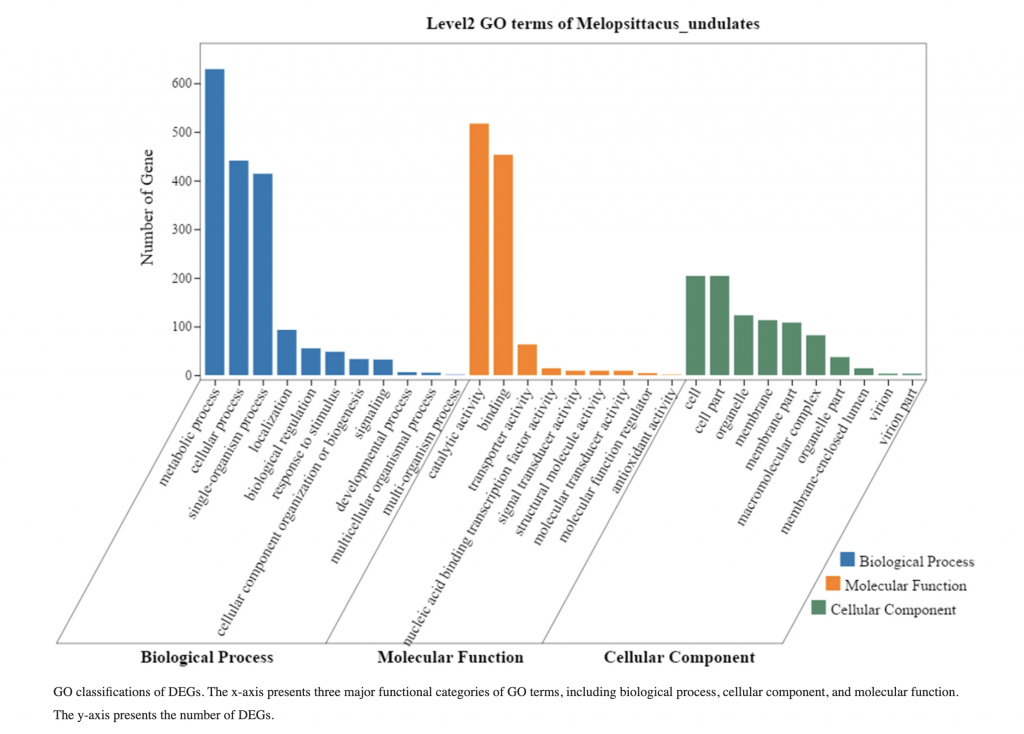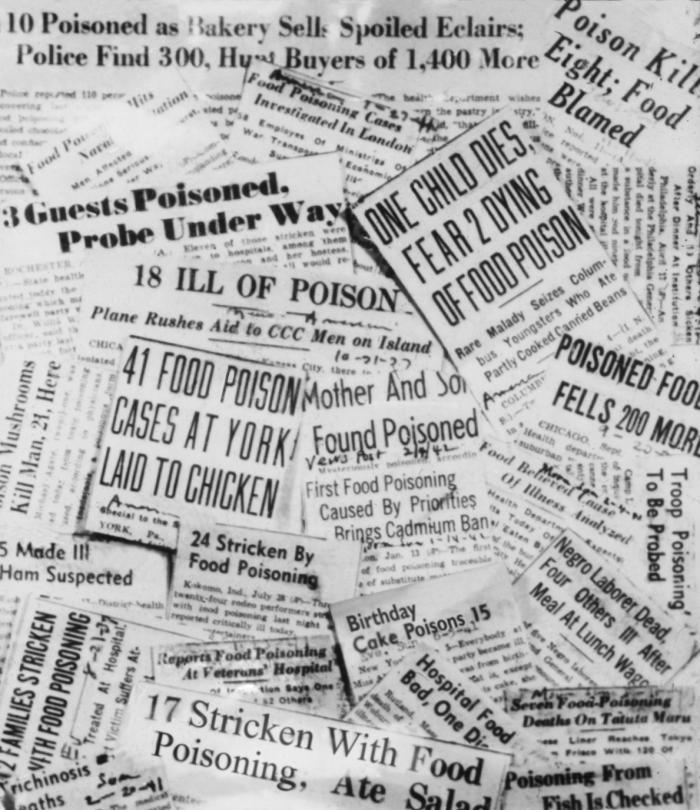
As Antonella Longo was peer-reviewing a study for the journal Plant and Soil, she became “alarmed by one figure.” The figure’s title — ”Level2 GO terms of Melopsittacus_undulates” — seemed to be a misspelled reference to a bird species called Melopsittacus undulatus.
More commonly known as a budgie or parakeet, undulatus is a vibrantly colored parrot found in scattered parts of Australia. So what was a figure about a bird doing in a study about plants?
Concerned, Longo, of the BioDiscovery Institute at the University of North Texas, searched the internet for words used in the figure, “GO terms of Melopsittacus undulates.” She identified at least three additional studies that contained an image similar to the one in the study she was peer-reviewing, each with an identical title and color scheme, but with varying data. None of the studies are about birds.
Continue reading What is a figure about budgies doing in four different plant papers?
